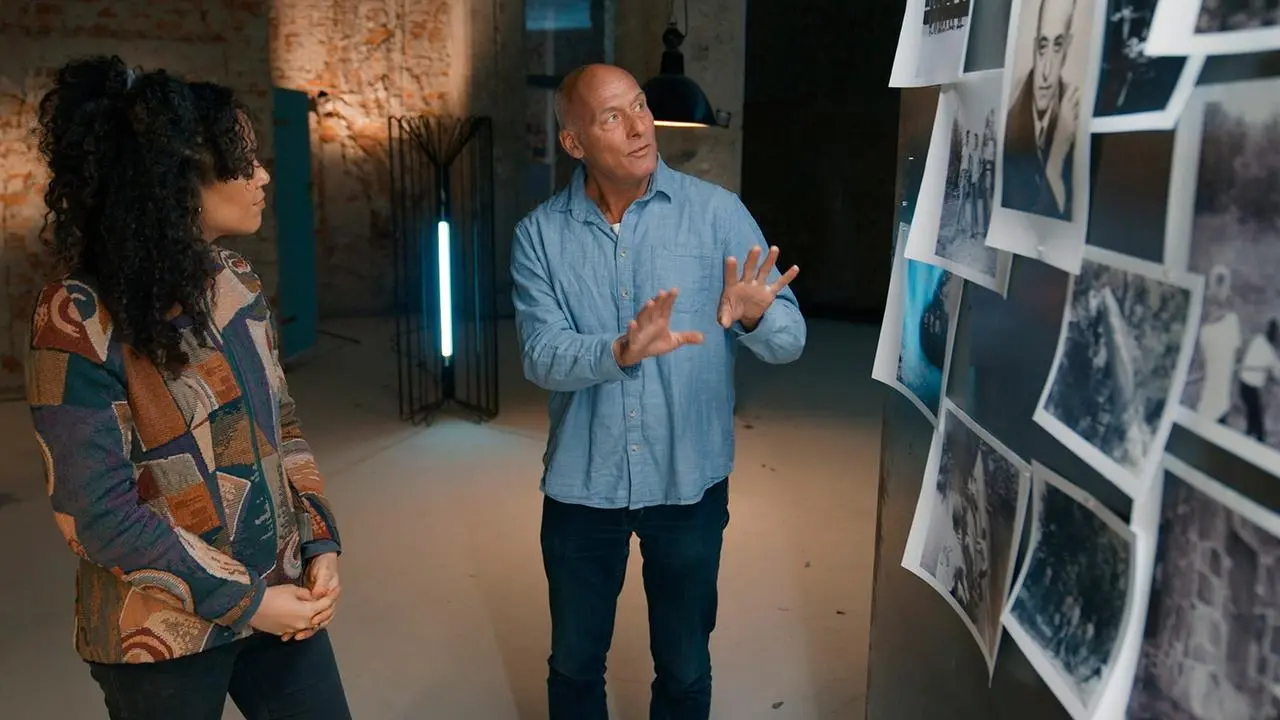Ich finde solche Experimente immer super spannend, auch wenn das natürlich vor allem bei Kindern moralisch fragwürdig ist.
Und irgendwie erinnert mich der Aufbau des Experiments erschreckend an das System der Häuser in Hogwarts/Harry Potter.Interessanterweise wurde der erste Versuch des Experiments abgebrochen, weil es nicht die gewünschten Ergebnisse geliefert hat.
In 50s Middle Grove, things didn’t go according to plan either, though the surprise was of a different nature. Despite his pretence of leaving the 11-year-olds to their own devices, Sherif and his research staff, posing as camp counsellors and caretakers, interfered to engineer the result they wanted. He believed he could make the two groups, called the Pythons and the Panthers, sworn enemies via a series of well-timed “frustration exercises”. These included his assistants stealing items of clothing from the boys’ tents and cutting the rope that held up the Panthers’ homemade flag, in the hope they would blame the Pythons. One of the researchers crushed the Panthers’ tent, flung their suitcases into the bushes and broke a boy’s beloved ukulele. To Sherif’s dismay, however, the children just couldn’t be persuaded to hate each other.
After losing a tug-of-war, the Pythons declared that the Panthers were in fact the better team and deserved to win. The boys concluded that the missing clothes were the result of a mix-up at the laundry. And, after each of the Pythons swore on a Bible that they didn’t cut down the Panthers’ flag, any conflict “fizzled”. By the time of the incident with the suitcases and the ukulele, the boys had worked out that they were being manipulated. Instead of turning on each other, they helped put the tent back up and eyed their “camp counsellors” with suspicion. “Maybe you just wanted to see what our reactions would be,” one of them said.
The robustness of the boy’s “civilised” values came as a blow to Sherif, making him angry enough to want to punch one of his young academic helpers. It turned out that the strong bonds forged at the beginning of the camp weren’t easily broken. Thankfully, he never did start the forest fire – he aborted the experiment when he realised it wasn’t going to support his hypothesis.auch wenn das natürlich vor allem bei Kindern moralisch fragwürdig ist
Das zum einen, zum anderen ist es aber schlicht keine Wissenschaft:
“Dabei war die Rolle der Forschenden komplex: Sherif selbst agierte als Hausmeister, Forschende waren Betreuende, Beobachtende und zugleich Initiatoren der Konflikte. Durch ihre Doppelrolle befanden sie sich in einem ethischen Dilemma.”
Ja, was mag da wohl schon schief laufen, wenn man sich so in ein Experiment einbringt… “Komplex”, “ethisches Dilemma”, meine Fresse. Das widerspricht grundsätzlichen Standards wissenschaftlicher Arbeit, Ergebnisse aus solchen “Studien” muss man in die Rundablage P stecken.
Die Ergebnisse konnten in anderen Studien nicht repliziert werden, hier z.B.: https://psycnet.apa.org/record/1984-23081-001
Wie im Übrigen ein großer Teil vor allem psychologischer Forschung vor allem eins ist: Unfug
https://en.wikipedia.org/wiki/Replication_crisis
Thomas Kessler, deutscher Konfliktforscher, betont die fortdauernde Relevanz des Experiments: "Robbers Cave ist nach wie vor eines der klassischen Experimente.
Das sagt halt mehr über das Forschungsgebiet aus, als über das Experiment…
Ich musste zuerst an das Stanford-Prison-Experiment denken
Das wird in derselben Doku-Reihe besprochen: https://www.tagesschau.de/wissen/forschung/stanford-prison-experiment-100.html



